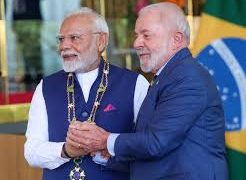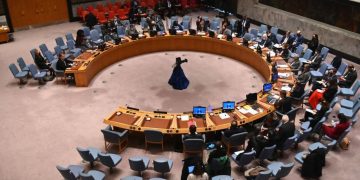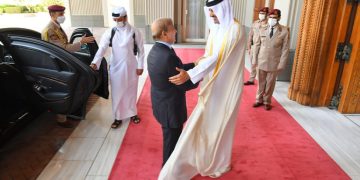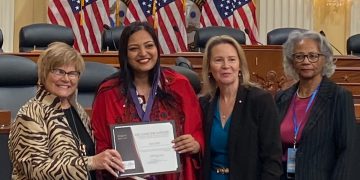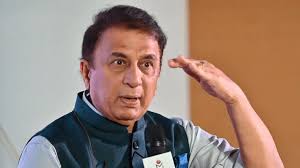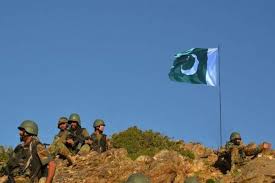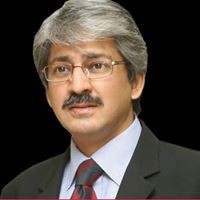
On June 9th 2020 amidst the Covid 19 lockdown, Greenstar Social Marketing sponsored the only country panel on Sexual and Reproductive Health and Rights at International Leadership associations’ s online conference “ Leading Differently” (http://ila-net.org/)
Sexual and reproductive health and Rights are related to human rights, including the right to life, the right to be free from torture, the right to health, the right to privacy, the right to education, and the prohibition of discrimination. Although all segments of Pakistani society suffer from a lack of awareness and access, the focus of this session remained on women and girl due to the inequalities they face and due to the current pandemic which has made these inequalities more visible and evident.
The session highlighted the history of women’s struggle to attain basic rights paving the way for more organized sexual and reproductive health movement. Right after independence in 1947 , the struggle for women’s rights was scattered and slow. The most outstanding woman in this initial struggle was the first, first lady , Ra’ana Liaquat Ali. She formed a large number of women’s organizations which attended to women welfare and legal reforms on women’s rights. The first dictatorship of Ayub Khan gave women a few rights with regard to marriage, the custody of children, divorce and registration of marriages and divorces. There was a proliferation of women’s organizations in the 1960s and 1970s. The 1973 Constitution gave more rights to women than in the past. Article 25 of rights declared that every citizen was equal before law and Article 25 (2) said there would be no discrimination based on sex alone. Article 27 stated that there would be no discrimination on the basis of race, religion, caste or sex for appointment in the service of Pakistan. Article 32 of the Basic Principles of State Policy guaranteed reservation of seats for women, and article 35 stipulated that the state shall protect marriage, family and mother and child. Hence in the seventies many women rose to prominent positions which raised women’s status. Begum Ra’ana Liaquat Ali became Governor of one of the provinces, a woman educationist, Kaniz Yousaf was made the Vice-Chancellor of a university and Begum Ashraf Abbasi was elected as the Deputy Speaker of the National Assembly.
While all these reforms were taking place, the military dictatorship of Zia-ul Haq came as a so called attempt to Islamize. Radical changes were made in the curricula, policies, the media and the judiciary. Women became a victim of most of these radical changes. The entire legal structure was used to support discrimination against women and non-Muslim citizens leading to confrontation, contest and protest.
With the return of democracy through election of Benazir Bhutto’s two stints in government (1988–1990 and 1993–1996) some women-friendly measures were taken. The decade of the 1990s witnessed the mass proliferation of non governmental organizations funded by western countries leading to rapid developments on women’s rights to labor, environment, sustainable development, child rights, sexual and reproductive health, family planning and so on. Although there is still a lot to achieve considerable gains have been made. Many women are now playing a leading role in Government as ministers and advisors, young women have joined hands and there have been considerable gains over last 20 years.
Greenstar Social Marketing is very thankful to all the women leaders who partnered with Greenstar in telling this story at an international forum and reaffirms its commitment to development of women and girls in Pakistan.
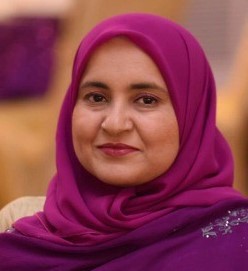
Key messages from the panelists:
“Reproductive health is a fundamental human right. It is a fundamental means of achieving any development goal such as reducing poverty and improving long-term health. Achieving Reproductive Health and Rights is dependent on the recognition of specific human rights. In Pakistan, many women and young people in face barriers that prevent them from exercising their rights. Denying these rights have resulted in grave consequences such as exacerbation of poverty and inequality. It has led to vulnerabilities to gender-related ill health, unintended pregnancies, maternal death, harmful cultural practices are evident from its high maternal mortality ratios, adolescent birth rates and unmet need for contraception. Many Pakistan’s women have dared to break the conspiracy of silence about these issues, about unequal relationships between men and women. They have pursued movements and strategies for acquiring rights not only for women but for everyone facing inequalities. There have almost always been some backlash against women who wish to empower themselves. They have been blamed of following and imposing a foreign agenda. Yet women have made a mark in politics, women rights movements and SRHR movements. Many women are now playing a leading role in Government as ministers and advisors, young women have joined hands and there have been considerable gains over last 10 years. Greenstar aims to tell the story of this struggle and to highlight Pakistan’s positive image. Our real leaders are women in fore front working in field going house to house to spread awareness on Sexual and Reproductive health and rights and bridging gap between communities and services”. — Dr Syed Azizur Rab, CEO Greenstar Social Marketing Pakistan

“History is witness about the role of women leaders in leading the change that impacts social norms, SRHR/FP field being one of those. What is important to understand is that women’s rights and reproductive health are vitally important in their own right, as a matter of public health and social justice. They can help slow population growth and help ensure a sustainable future. If women are given contraceptive tools and information, they’ll limit the size of their families of their own free choice, and that makes their families healthier, wealthier, and better able to thrive in a climate-changed world ”— Dr Yasmeen Sabih Qazi — Senior Advocacy Consultant Bill and Melinda Gates Foundation.
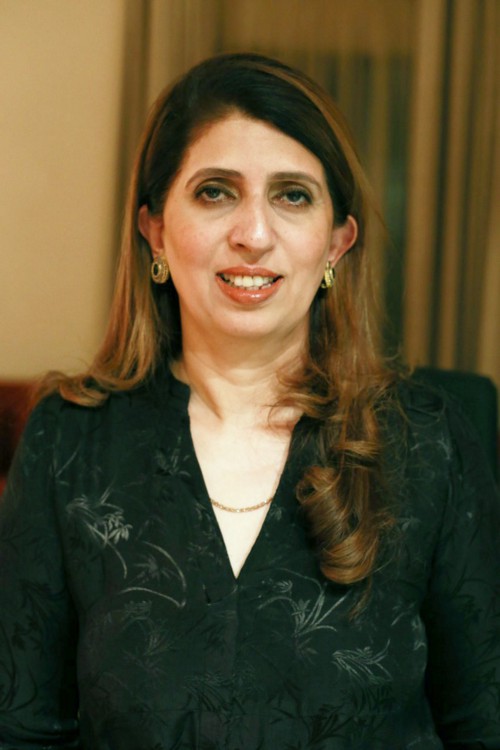
“The ILA session brought together an interesting kaleidoscope of experiences, individual journeys of women to policy leadership in health, role being played by our youth as well as our male allies. The rich discussion teased multiple issues and concerns faced by women leaders in the realm of sexual and reproductive health. While many ideas resonated with me, my three key take-away for aspiring women leaders in particular would be: a) to un-apologetically and consistently pursue excellence while being extraordinarily vigilant of our moral compasses, b) to make room for women at every stage and phase of life, especially the youth who are the harbingers of change today, and c) to develop and nurture strategic and diverse alliances and coalitions”. — Dr Shabnum Sarfaraz Member Planning Commission | Visiting Scientist at Harvard T.H. Chan School of Public Health
The session was inclusive of youth representation Laraib Abid is Founder — Executive Director MASHAL working on Sexual & Reproductive Health and Rights Focusing Family Planning. According to Laraib “Young women need to be passionate about the health component because a lot of its sub-components are being stereotyped as ‘Immoral’ or ‘unethical’ to talk about. We need to modify these perceptions. Making people aware and trying to brainstorm is the first step. Providing rights and negotiating on the policies, is the next phase. Young people need to be empowered so that they can help themselves”.
Meet some of our Frontline women leaders from Lyari Karachi in the videos below.



